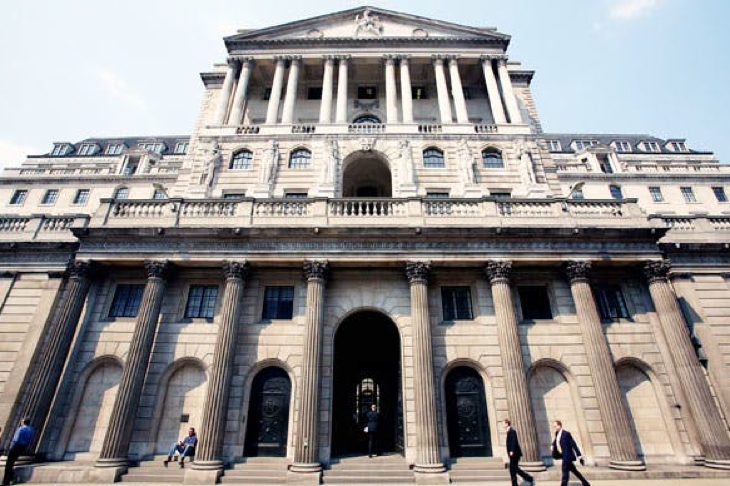The BBC made much this week of a recording, from 2008, of one Barclays manager instructing another to submit artificially low rates into the daily interbank Libor fixing because ‘we’ve had some very serious pressure from the UK government and the Bank of England about pushing our Libors lower’. How shocking is that?
Well, perhaps not as shocking as it looks — even if it appears to contradict select committee evidence given by the Bank’s former deputy governor, Sir Paul Tucker. The latter part of 2008 saw a liquidity panic in the City, in which the interbank lending market all but froze. Spikes in Libor would have given the impression — or confirmed the reality — that even the major banks involved in the daily fixing were finding other banks less willing to lend to them, amplifying the panic. So it’s not hard to imagine some officials believing that ‘pushing our Libors lower’ was a justifiable pragmatic response to an emergency in the banking system, even if it meant asking ‘rate submitters’ to lie.
And in terms of the degree of sin involved, that’s quite different from the other Libor scandal in which, over several years, traders in London, Tokyo and other centres habitually pressured rate submitters within their own and other firms, sometimes through brokers, to falsify Libor in order to favour their trading profits. That one really is a shocker. In effect, it was the corruption of an entire global market.
But attempts to bring justice to bear on it have been patchy: a long stretch for the UBS and Citigroup trader Tom Hayes, lesser sentences for four Barclays men, acquittals for everyone else collared by the SFO including the six money brokers who allegedly did Hayes’s bidding — and no taint on the careers of senior executives anywhere, even though the defence offered in every trial has been: ‘Our bosses knew exactly what we were doing, but turned a blind eye.’
The moral of these twin tales is that banking’s cataclysmic boom and bust left behind far too many allegations for them all to be dealt with in a wholly satisfactory way. Regulators and bank boards should focus on what (and who) was really bad, and encourage the media to explain it all better.







Comments